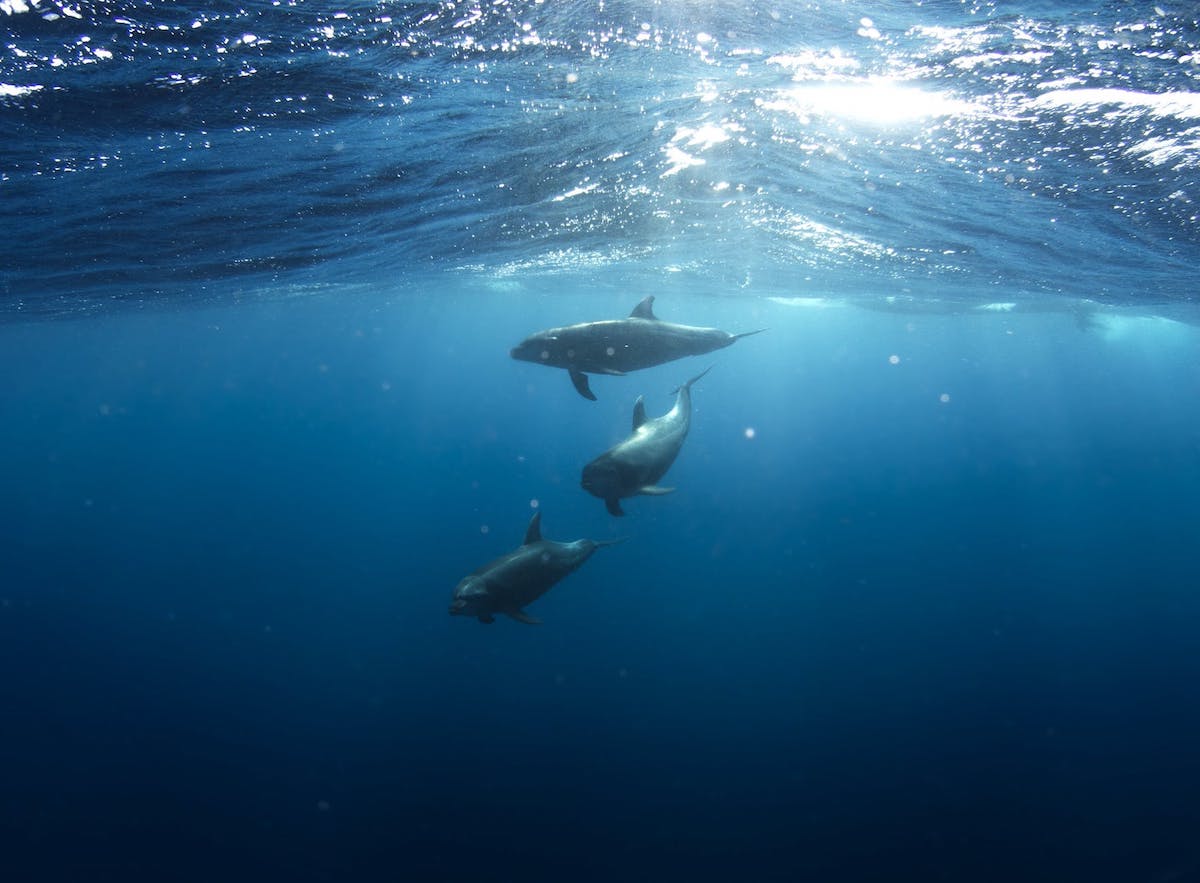
Noise pollution in the marine environment is a thematic Emerging environmental in Chile and the world. It can cause species disorientation, hearing loss, stranding, and even death.
In the Office of the Comptroller General of the Republic, and with the participation of nearly one hundred people, the Ministry of Environment developed the 19th Environmental Noise Seminar, which has been carried out since the year 1995 and which this year deals exclusively with underwater noise and its effects In marine fauna, recognizing as an emerging environmental problem in Chile and the world.
The head of the Department of Noise, smells and light of the ministry, Igor Valdebenito, said that “in the ocean, whales and other species depend on the sound to develop their activities such as mating, finding food, migrating or defending. However, the increase in underwater noise produced by human activity is altering the life of marine fauna. ”
The most common submarine noise source worldwide is maritime traffic. 90% of commercial exchange is done by the sea, which is increased year by year. In addition, there are other sources of noise such as construction, blasting or exploration of gas and oil that can affect biodiversity.
On this point, Valdebenito states that “studying underwater noise will enable us to move forward in the development of public policies to control and reduce levels of sound pollution, as well as to prevent low-activity protected areas Human being contaminated in the future. ” Noise pollution in the marine environment can also cause disorientation of the species, hearing loss, strandings and even death.
For the past 60 years, underwater noise has doubled from decade to decade as a result of human activity. This is attributed to the increase in maritime traffic and the existence of vessels with increasing capacity.
The seminar was attended by Susannah J. Bucha, from the south-Austral CUPS Center of the University of Concepción and a guest researcher at the Hole Oceanographic Institution in the United States; Sonia Español-Jiménez, head of the line of cetaceans of the Meri Foundation; And Alfio Yori, from the Universidad Austral de Chile.
"El reclamo puede ser genuino, pero construido sobre una mentira", apuntó el presidente Javier Milei…
El gobernador de la provincia de Buenos Aires, Axel Kicillof, encabezó un acto en Ensenada…
El diputado nacional de La Libertad Avanza, José Luis Espert, expresó su confianza en la…
Tras la masiva reaparición de Cristina Fernández de Kirchner, el presidente Javier Milei apuntó contra…
El principal propósito de la nueva comisión es evaluar los recursos humanos en el Senado,…
En una medida que busca redefinir las condiciones de los seguros de automóviles en Argentina,…
Esta web usa cookies.